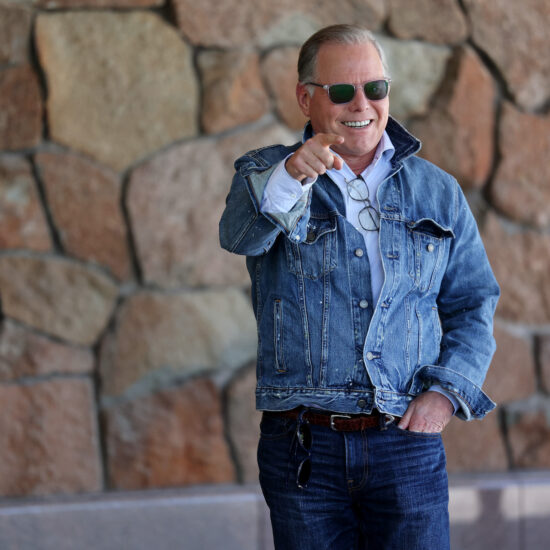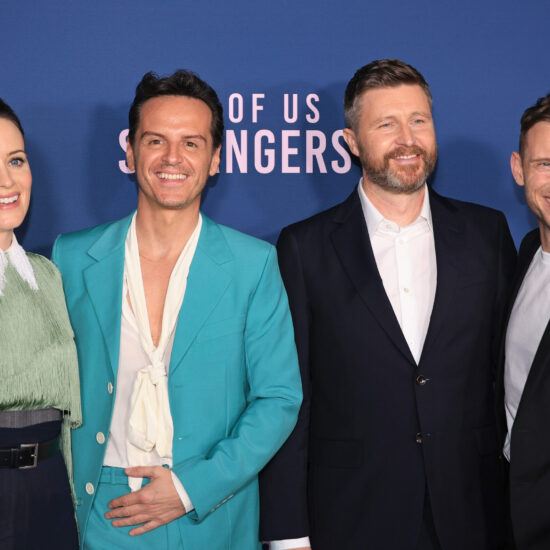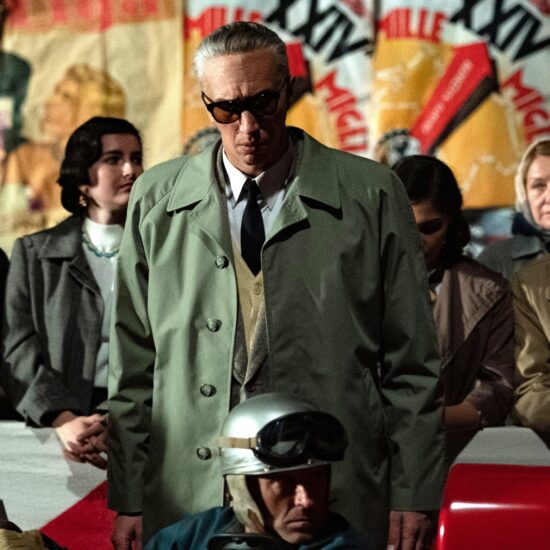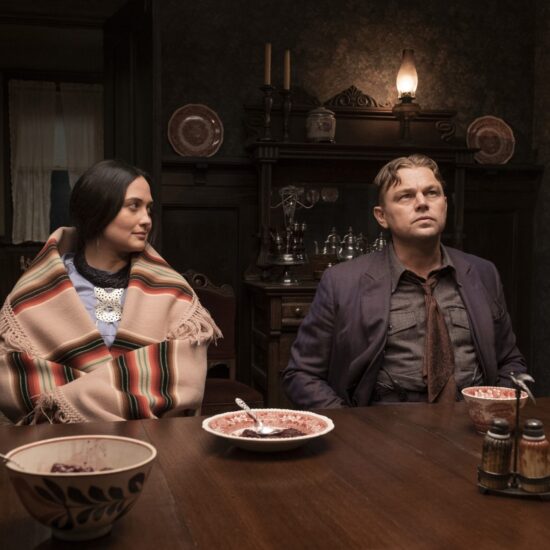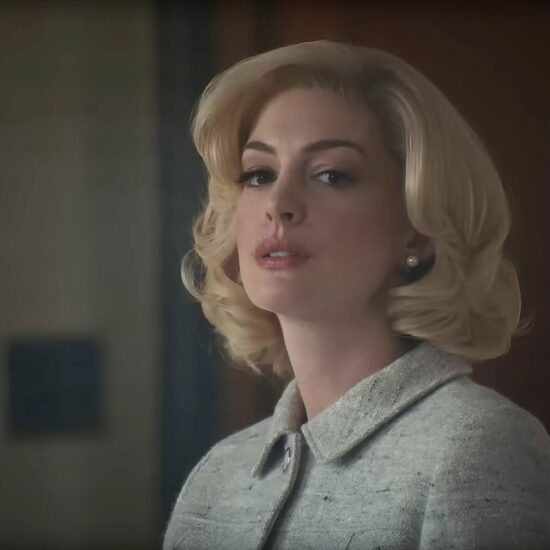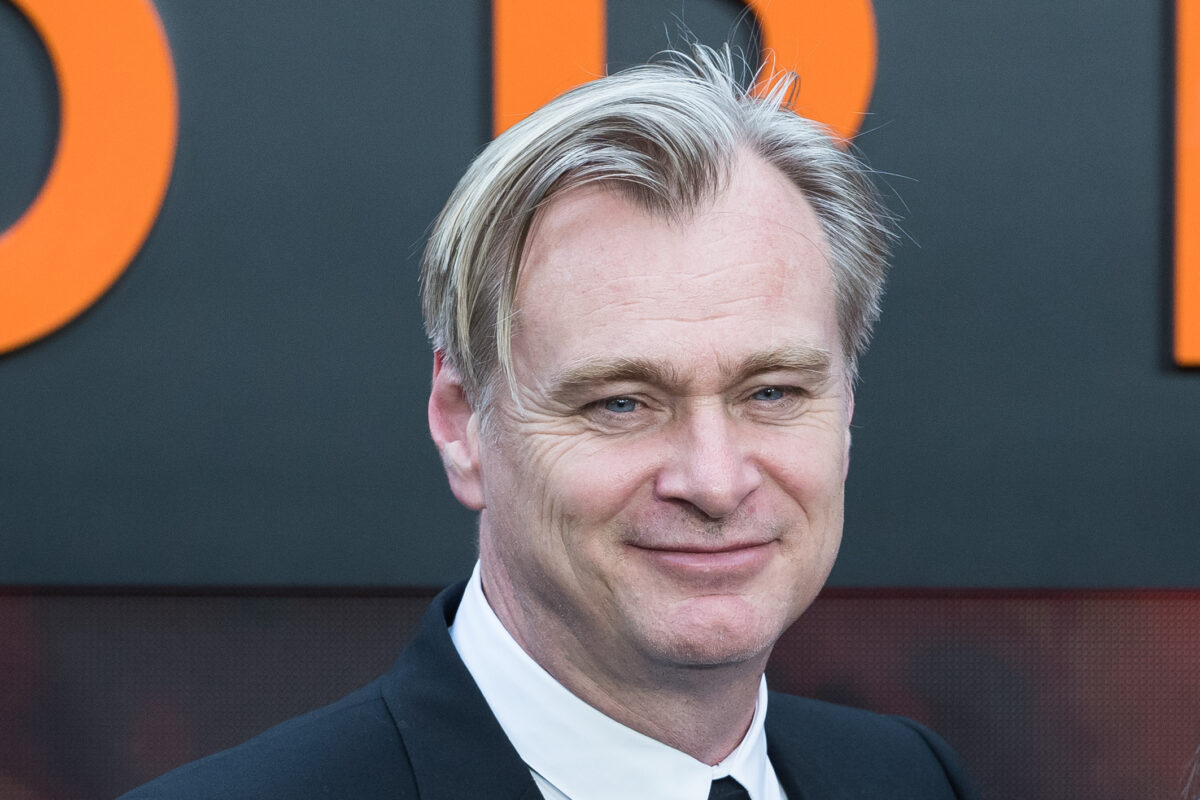
Christopher Nolan is detailing how technology could potentially hurt his own personal screenwriting process.
The “Oppenheimer” writer-director revealed to The Hollywood Reporter that he does not carry a smartphone, and while writing, uses a computer that is not connected to the internet.
“My kids would probably say I’m a complete Luddite,” Nolan said. “I would actually resist that description. I think technology and what it can provide is amazing. My personal choice is about how involved I get.”
Nolan continued, “It’s about the level of distraction. If I’m generating my material and writing my own scripts, being on a smartphone all day wouldn’t be very useful for me.”
Nolan penned “Oppenheimer” in first-person, a tactic he had “never done before” during his career.
“I don’t know if anyone’s ever done it before,” Nolan said earlier this year in an Empire magazine interview. “But the point of it is, with the color sequences, which is the bulk of the film, everything is told from Oppenheimer’s point of view — you’re literally kind of looking through his eyes.”
The approach to writing the historical script was rooted in “the idea of how we get in somebody’s head and see how they were visualizing this radical reinvention of physics. One of the things that cinema has struggled with historically is the representation of intelligence or genius. It very often fails to engage people.”
Nolan also noted to Wired that he is “optimistic” about the role of AI in filmmaking — but warned against viewing the technology as anything more than a “tool” of assistance.
“If we accord AI the status of a human being, the way at some point legally we did with corporations, then yes, we’re going to have huge problems,” the “Tenet” director said. “The issue with AI, to me, is a very simple one. It’s like the term ‘algorithm.’ We watch companies use algorithms, and now AI, as a means of evading responsibility for their actions. If we endorse the view that AI is all-powerful, we are endorsing the view that it can alleviate people of responsibility for their actions — militarily, socioeconomically, whatever. The biggest danger of AI is that we attribute these godlike characteristics to it and therefore let ourselves off the hook.”
For all the details on “Oppenheimer,” which opens July 21 from Universal, click here.










